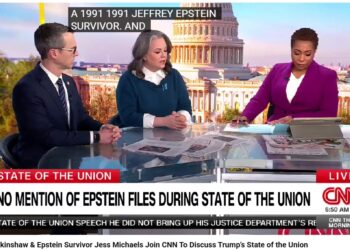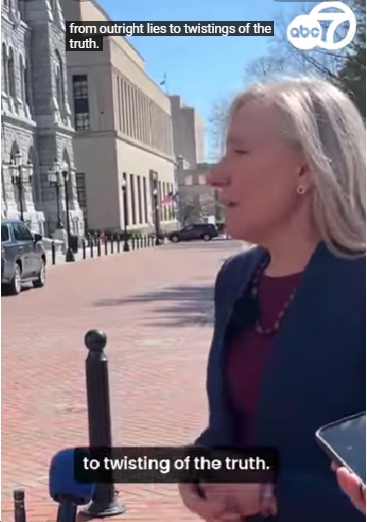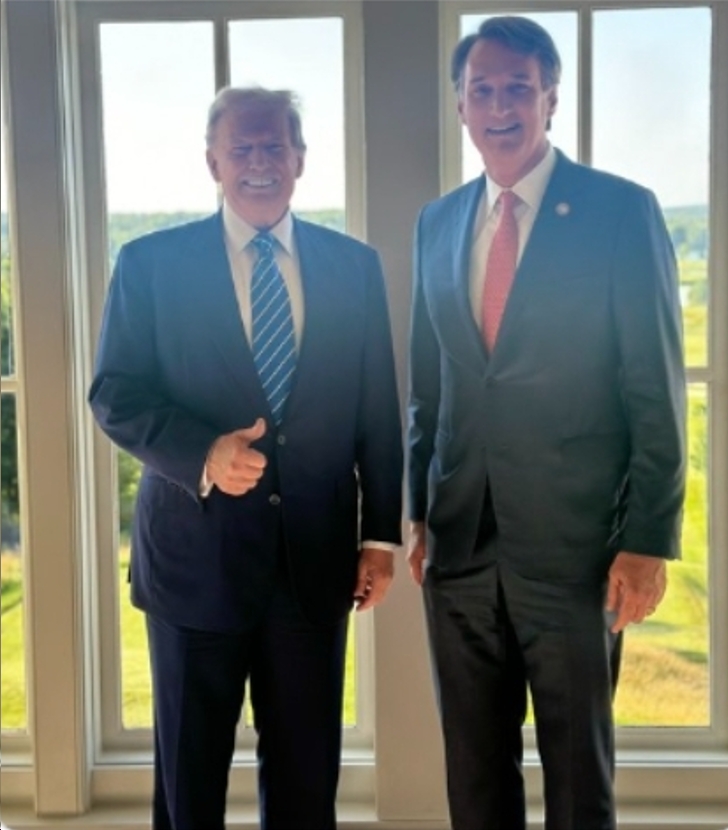by Bert Berlin
Having recently fought a war to free themselves from King George III, the drafters of the U.S. Constitution were quite aware that the executive branch of a government could become too powerful. Restricting the amount of money available to the executive would keep it under control. The Founding Fathers consequently provided that the executive would have no money to spend unless the Congress provided the authority to spend by law. Article I, Section 9, Clause 7 of the Constitution thus provides: “No Money shall be drawn from the Treasury, but in Consequence of Appropriations made by Law . . .”
To protect its constitutional control over the expenditure of public funds, early in our history the Congress enacted 31 U.S.C. 1301(a), which provides “Appropriations shall be applied only to the objects for which the appropriations were made except as otherwise provided by law.” The Congress further provided that an agency needs specific statutory authority to transfer funds from one appropriation account to another and to use them for purposes other than those specified in the original appropriation act. 31 U.S.C. 1532.
Which brings us to Donald Trump. Mr. Trump has requested that the Congress appropriate funds to pay for the construction of a barrier on the United States-Mexico border. The Congress has not appropriated the funds. Now, Mr. Trump has said he will declare a state of national emergency, which he claims will give him the power to construct the barrier without the Congress enacting an appropriation.
According to a report in the Washington Post, Trump intends to use funds appropriated for the Army Corps of Engineers or for Military Construction to pay for construction of his border barrier. However, as I indicated above, using appropriations for purposes different than those for which they were elected requires specific statutory authority. Likewise, transferring funds from one appropriation account to another to be used for another purpose requires statutory authority. So how does Trump think that declaring a national emergency will give him power to overcome the prohibitions existing in law?
There is no provision in the Constitution that directly authorizes a president to declare a national emergency, nor does the Constitution indicate what powers such a declaration would give to the president.* Clearly, though, declaring a national emergency cannot give a president any more power than presidents have been granted under the Constitution. To decide otherwise would be transforming the president into another King George – the kind of tyrant we fought against in our war for independence.
So what are the presidential powers under the Constitution? Article II, Section 1, clause 1 states that “The executive Power shall be vested in a President of the United States of America.”
Article II, Section 2, clause 1 provides that “The President shall be Commander in Chief of the Army and Navy of the United States, and of the Militia of the several States, when called into the actual Service of the United States.”
Article II, section 3 states that “he shall take Care that the Laws be faithfully executed.”
None of these powers allow a president to alter or violate an enacted law. To the contrary, the last of these powers requires a president to faithfully execute the laws as they are written.
In order for a president to use appropriations for purposes other than those specified in appropriation acts would require the president to change the terms of the appropriation or to create exemptions to sections 1301 and 1532, referred to above. Either of these would amount to the president exercising legislative authority. Unfortunately for Mr. Trump, our Constitution places the authority to legislate exclusively with the Congress. Specifically, Article I, section 8, clause 18 gives authority only to the Congress “To make all Laws which shall be necessary and proper for carrying into Execution the foregoing Powers, and all other Powers vested by this Constitution in the Government of the United States, or in any Department or Officer thereof.”
Since the Constitution does not authorize a president to act as a legislator, declaring a national emergency cannot allow Mr. Trump to make funds available for his border barrier. Only the Congress can do so. As stated by the Supreme Court in Youngstown Sheet & Tube Co. v Sawyer, 343 U.S. 579, 589 (1952) (in which an earlier president issued an order that was legislative in nature):
“The Founders of this Nation entrusted the lawmaking power to the Congress alone in both good and bad times. It would do no good to recall the historical events, the fears of power, and the hopes for freedom that lay behind their choice. Such a review would but confirm our holding that [the president’s action] cannot stand.”
Sorry, Mr. Trump. You are not King George.
* In 1976, the Congress enacted the National Emergencies Act. The act provides that when another law grants a president special powers during a national emergency, the president is authorized to declare such emergency under the provisions of this act. 50 U.S.C. 1621. The National Emergencies Act states the procedures for declaring and terminating a national emergency. However, it does not create any powers in the president. Those must already exist in an another law.





![Video: Speaking at Democratic AG’s Conference, Jay Jones Says Trump “probably doesn’t like the fact that I’m sitting in this seat, but here I am ready to defend [against] anything that he’s trying to do.”](https://bluevirginia.us/wp-content/uploads/2026/02/jonessanfran.jpg)












